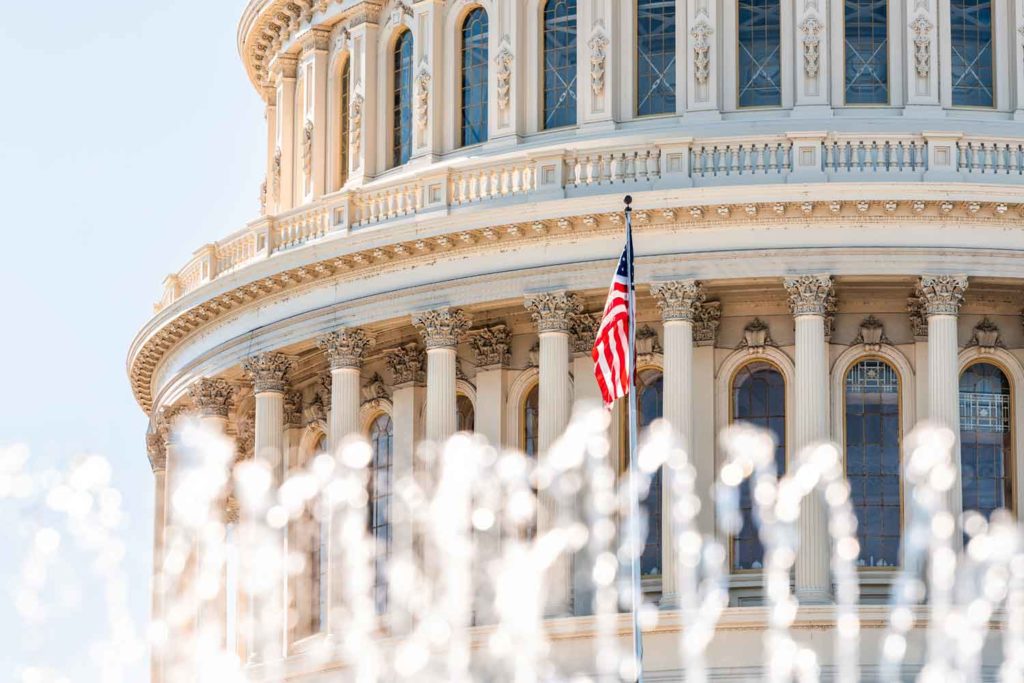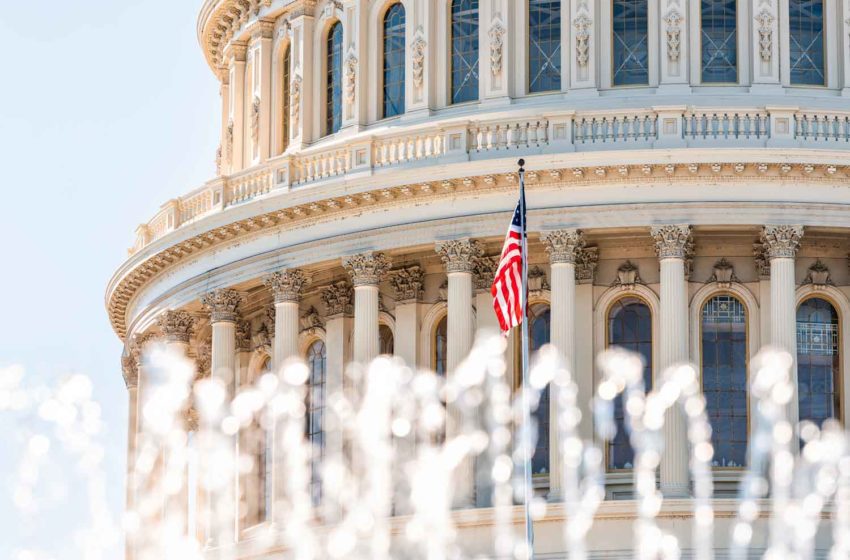
A bill intended to fund the U.S. government through September includes language that would give the Food and Drug Administration authority to regulate synthetic nicotine. The House of Representatives could vote on the legislation as early as today.
Synthetic nicotine is currently not explicitly regulated by the FDA, and many companies started using it after their natural-nicotine products were denied market access by the agency. Public health groups have been warning that synthetic nicotine e-cigarettes such as Puff Bar have grown in popularity among teens while skirting FDA oversight.
The Food, Drug & Cosmetic Act, which includes the 2009 Tobacco Control Act, defines a tobacco products as “any product made or derived from tobacco that is intended for human consumption, including any component, part, or accessory of a tobacco product (except for raw materials other than tobacco used in manufacturing a component, part, or accessory of a tobacco product).”
If the spending bill currently under consideration passes, the language of the Tobacco Control Act would change to define a tobacco product as “any product made or derived from tobacco, or containing nicotine from any source, that is intended for human consumption.”
The synthetic nicotine provisions would take effect 30 days after the bill’s passage. Synthetic nicotine producers would then have 60 days from its enactment—or 30 days after it becomes effective—to file premarket tobacco product applications with the FDA to legally stay on the market. Ninety days after the effective date, or 120 days after the bill’s passing, these manufacturers would have to stop selling their products if the FDA has not authorized them. At that point, the FDA could exercise its enforcement discretion.
Consumer advocated have criticized the attempt to “sneak in” the synthetic nicotine provision into the spending bill.
“The byzantine process of asking permission to sell harm reducing vaping products in the 21st century is asinine in itself,” said Yaël Ossowski, deputy director of the Consumer Choice Center. “But using sleight of hand during an emergency government funding bill to castigate millions of vapers and the entrepreneurs who make and sell the products they rely on is the definition of active harm.”
“Only the largest and most powerful vaping and tobacco companies can afford the lawyers and the time necessary to complete the paperwork necessary to pass the FDA’s process, meaning thousands of hard-working American business owners will now be forced to close, depriving millions of adult consumers of harm reducing options.”
The bill is purportedly backed by Juul Labs and Reynolds American, both of which face competition from Puff Bar and from e-liquid sold in vape shops and online.











